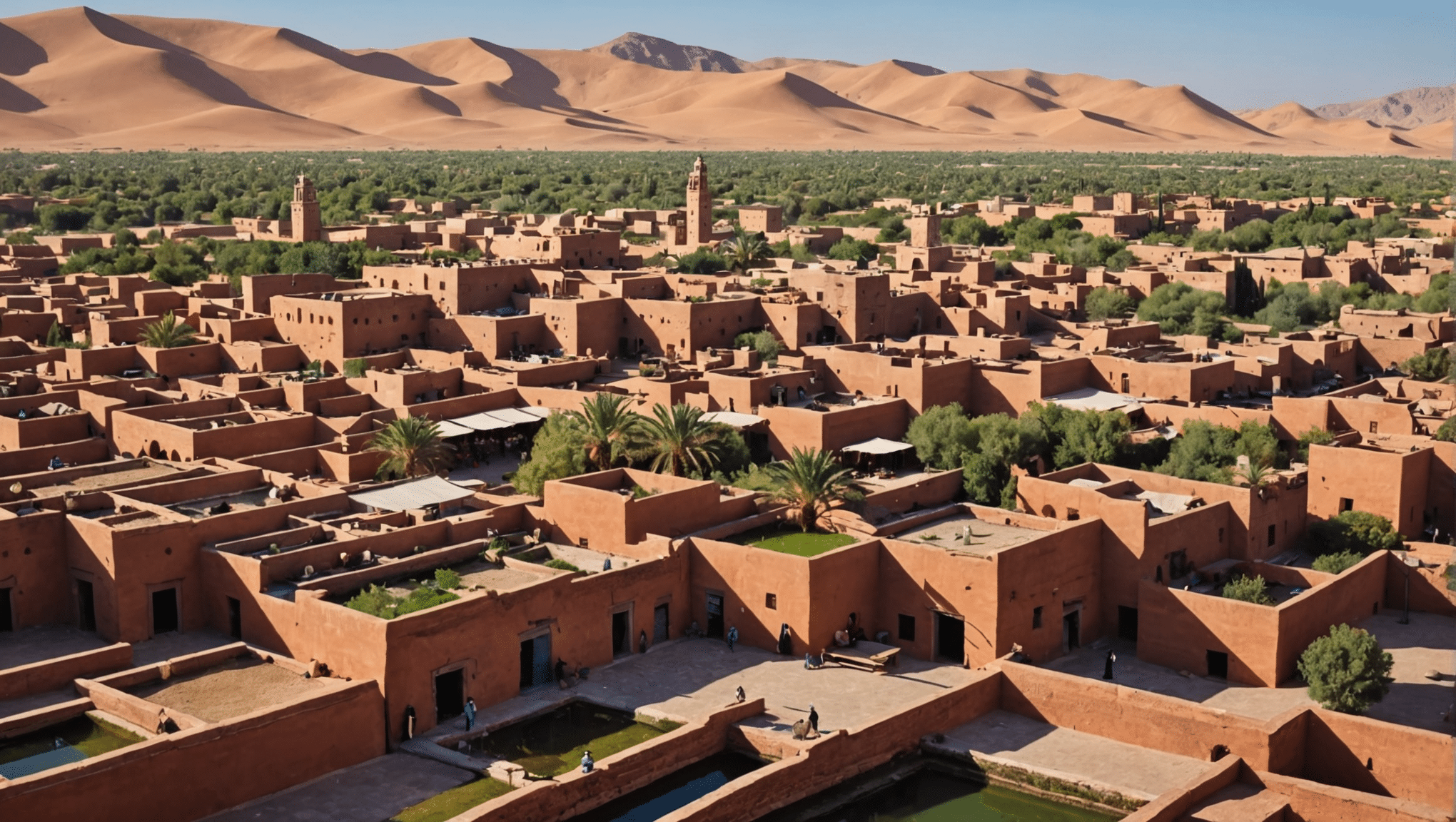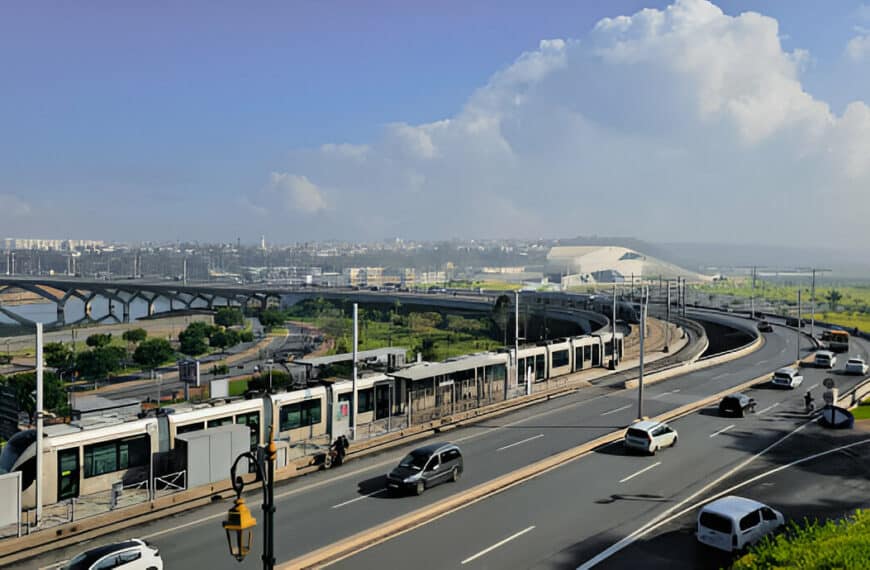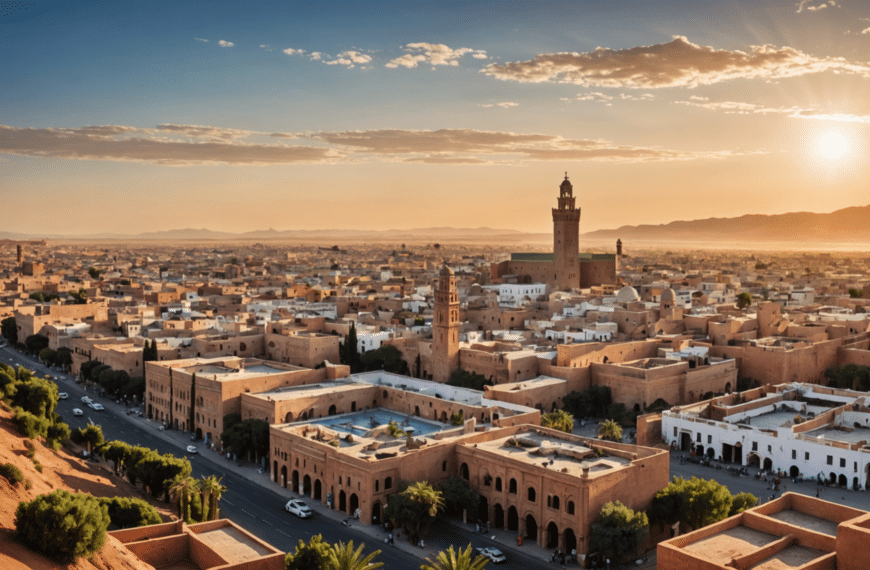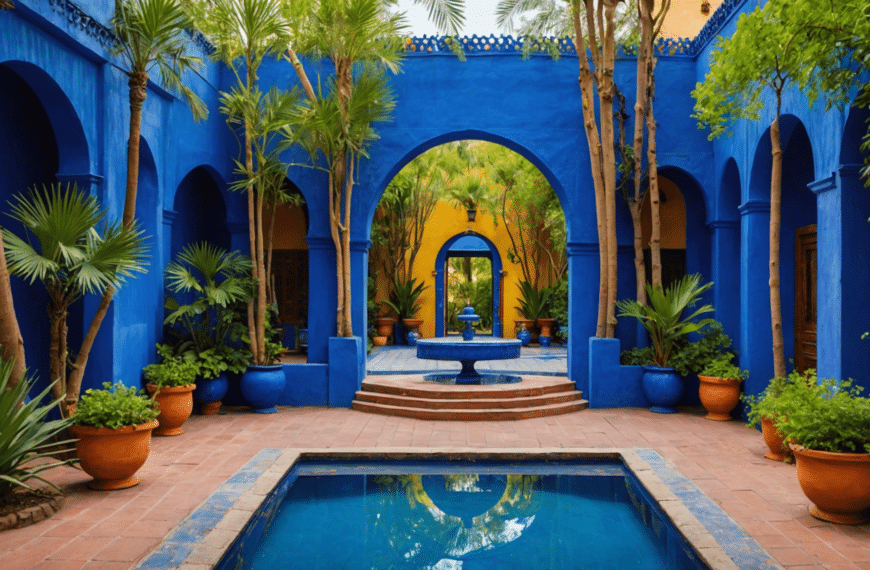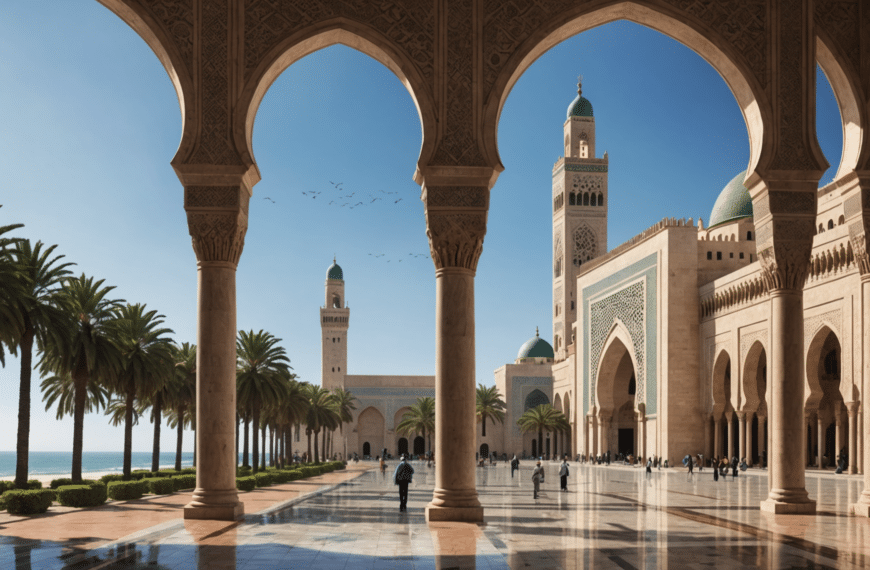When considering the climate and alcohol regulations of Morocco, it’s essential to understand the nuances that define this vibrant country. Morocco’s landscape and culture offer a rich tapestry that attracts millions of visitors each year, eager to explore its cities, mountains, and deserts.
Understanding the Climate Variability
Morocco’s climate is as varied as its geographical features. From the snow-capped Atlas Mountains to the arid stretches of the Sahara Desert, the country showcases a broad spectrum of weather conditions. The coastal regions enjoy a Mediterranean climate with mild, wet winters and hot, dry summers. In contrast, the interior regions can experience more extreme temperatures. This diversity significantly impacts the overall perception of Morocco as a ‘dry’ country.
Exploring Rainfall Patterns
Rainfall in Morocco varies greatly depending on the region and season. The north and central areas receive more precipitation, primarily during late autumn through to early spring. Cities like Casablanca and Tangier experience moderate rainfall, which helps sustain agriculture and maintain natural green landscapes. However, southern and eastern parts of Morocco, particularly as you approach the Sahara, receive scant rainfall, making these areas much drier.
Alcohol Laws and Cultural Practices
Discussing whether Morocco is a ‘dry’ country also involves its alcohol regulations. Predominantly a Muslim country, Morocco maintains a conservative stance towards alcohol consumption; however, it is legal and available for purchase by non-Muslims and tourists. Major cities and tourist areas have licensed establishments where alcohol can be bought and consumed legally. Here are some key points about alcohol availability in Morocco:
- Licensed restaurants and bars: Mainly found in larger cities and tourist hubs.
- Hotels: Many offer bars or minibars with a selection of international and local alcoholic beverages.
- Specialty shops: Dedicated stores for tourists where alcohol can be purchased.
- Local production: Morocco produces its own wines and beers, which are well-regarded both domestically and internationally.
The Impact of Religion on Daily Life
The influence of Islam in Morocco cannot be overstated—it shapes daily life, traditions, and even national policies. During the holy month of Ramadan, for instance, Muslims fast from dawn until sunset, which significantly reduces public consumption of food and drink during daylight hours. This religious observance might give visitors the impression that Morocco is a dry country in terms of both climate and alcohol consumption.
Agricultural Practices in Arid Regions
In response to its varying degrees of aridity, Moroccan agriculture has adapted in fascinating ways. Techniques such as drip irrigation and the use of greenhouses are prevalent in drier regions. These methods allow for the cultivation of fruits like melons and tomatoes even in areas with scarce water resources. Additionally, Morocco’s government has implemented several programs aimed at water conservation and management to support sustainable agricultural practices across different climates.
Tourism and Misconceptions
The perception of Morocco as entirely dry is often a misconception held by first-time visitors or those unfamiliar with the country. While it’s true that large swathes of Morocco are arid or semi-arid, regions like the Rif and Atlas mountains receive ample rainfall to support lush forests and vibrant ecosystems. Tourists are encouraged to explore beyond the popular desert tours to discover the verdant valleys and snowy peaks that also characterize Moroccan geography.
In conclusion, labeling Morocco simply as a dry country does not do justice to its complex climate systems or its nuanced approach to alcohol regulation. Visitors often find themselves enchanted by the unexpected diversity—from misty mountain towns to sunny coastal cities—each offering unique experiences shaped by both nature and culture.

